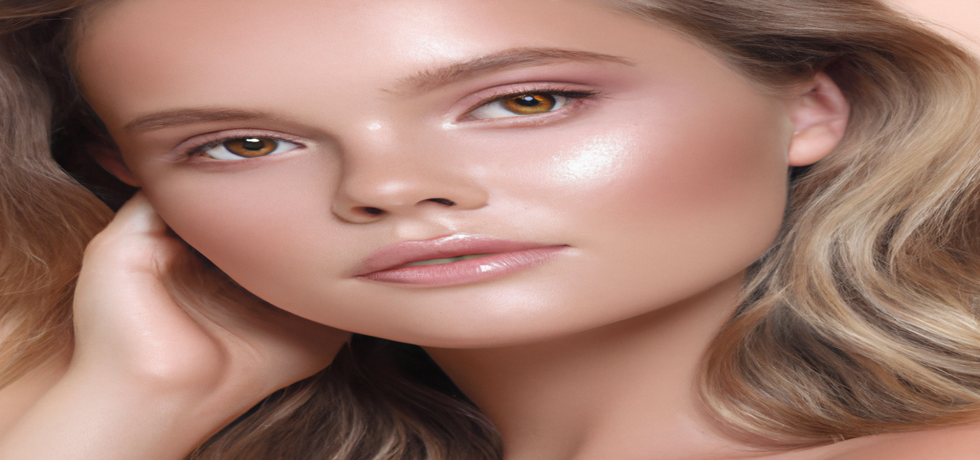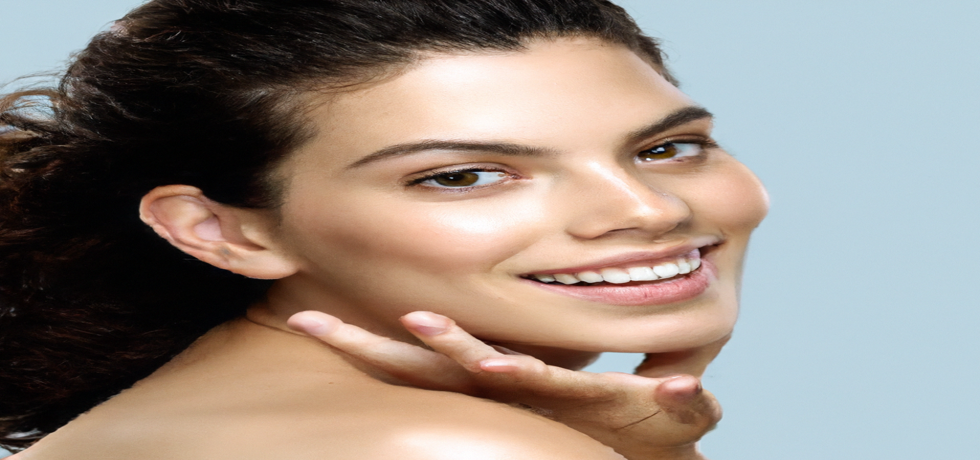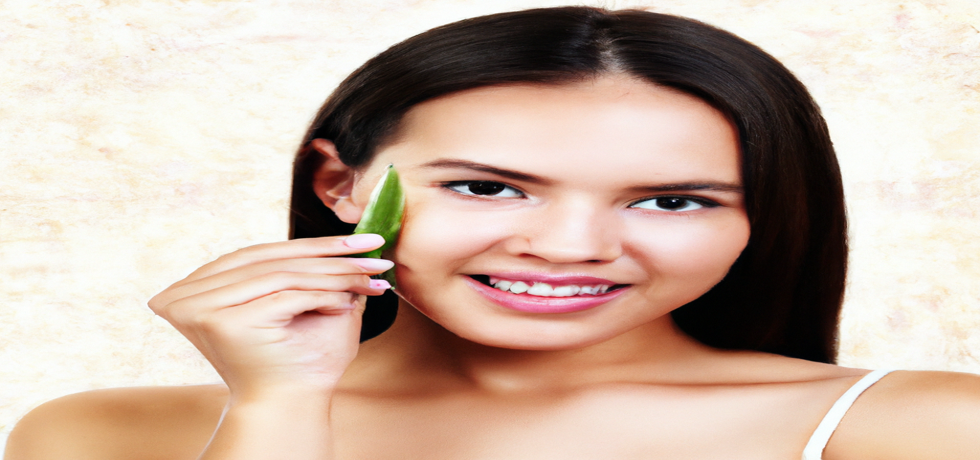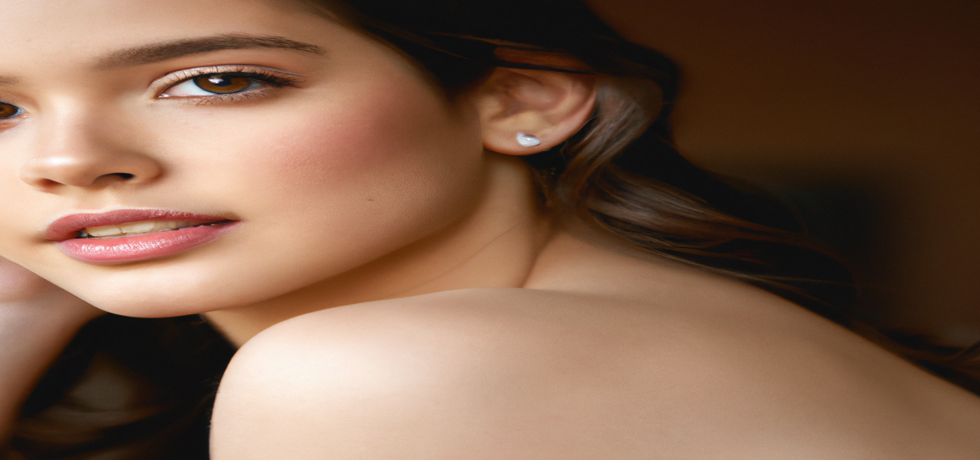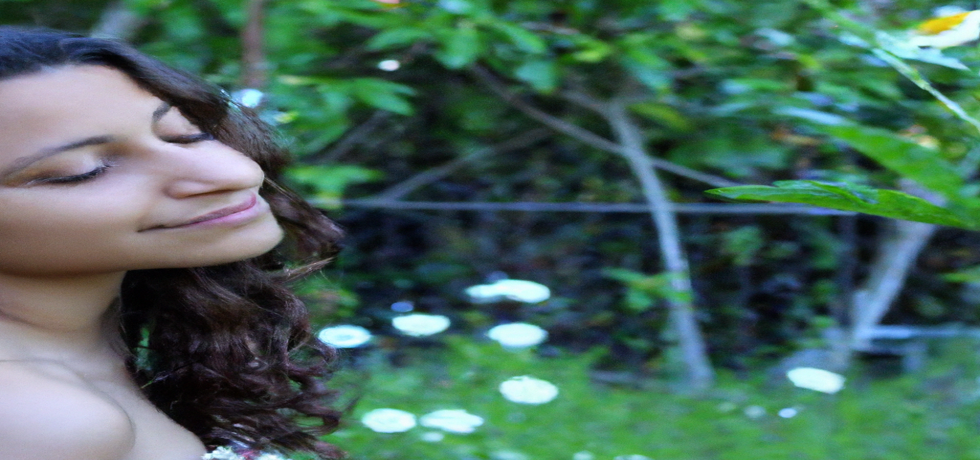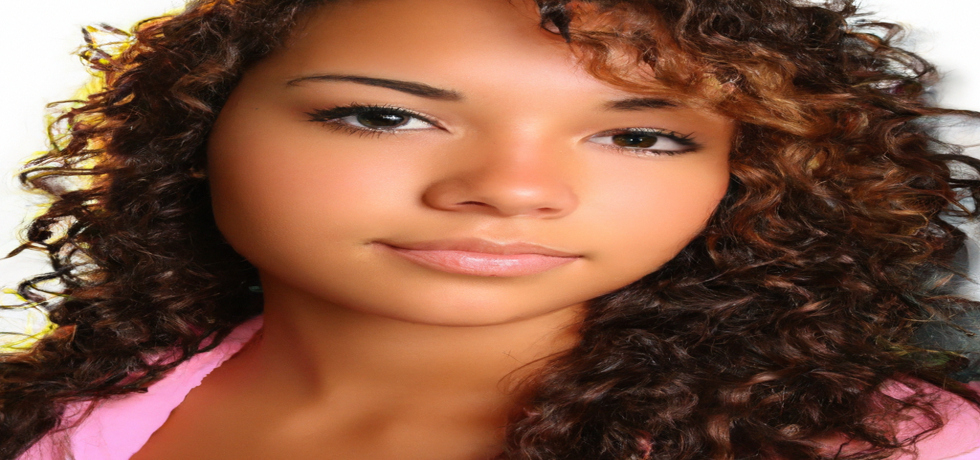
11 Essential Natural Skin Care Tips for Radiant Skin
Your Path to Glowing Skin
Protect Your Skin from the Sun
One of the most crucial tips for natural skin care is to ensure your skin is well-protected from harmful UV rays and environmental pollution. Applying a broad-spectrum sunscreen with SPF 30 or higher is essential to shield your skin from sun damage, which can lead to premature aging and a dull complexion. Remember to apply your sunscreen at least 20 minutes before heading outdoors and reapply every two hours!
Embrace a Healthy, Balanced Diet
Your diet plays a significant role in your skin’s health. Consuming plenty of fresh fruits, green vegetables, whole grains, and lean proteins can nourish your skin from the inside out. Foods rich in antioxidants help fight free radicals, keeping your skin youthful and vibrant. Aim to cut down on processed foods and sugary snacks for the best results.
Stay Hydrated
Nothing rejuvenates your skin like adequate hydration. Drinking sufficient water each day helps keep your skin supple and combats dryness. Incorporate water-rich fruits and vegetables, such as cucumbers and watermelons, into your diet to promote hydration effectively.
Prioritize Quality Sleep
Beauty sleep is not just a myth! Quality sleep is essential for your skins health as it helps in the repair and rejuvenation process. Aim for 7-8 hours of sound sleep each night to wake up with refreshed, glowing skin.
Commit to Regular Exercise
Exercise is not only beneficial for your overall health but also essential for vibrant skin. Regular physical activity enhances blood circulation, delivering oxygen and nutrients to skin cells, while boosting your natural radiance. Plus, it helps flush out toxins that can lead to skin issues.
Manage Stress Effectively
Stress can wreak havoc on your skin and lead to breakouts and a tired appearance. Engage in stress-reducing activities like yoga, meditation, or deep breathing to maintain a clear mind and encourage healthy skin. Remember, a relaxed mind often reflects through your skin!
Avoid Smoking
Smoking not only harms your overall health but also can lead to premature aging and a dull complexion. The toxins in cigarettes can restrict blood flow to your skin, leading to a pale appearance. Quitting smoking can significantly improve your skin quality.
Remove Makeup Before Bed
Never underestimate the importance of removing your makeup before bedtime. Leaving makeup on overnight can clog pores and lead to blemishes and dull skin. Use a gentle cleanser to ensure your skin breathes freely overnight.
Moisturize Daily
A good moisturizer can be your best friend in maintaining a smooth, glowing complexion. Regardless of your skin type, find a suitable moisturizer and apply it daily to keep your skin hydrated. Remember, even oily skin needs hydration!
Gentle Care for Your Skin
Treat your skin delicately to avoid irritation and damage. Choose mild cleansers over harsh soaps, limit hot showers, and exfoliate gently to keep your skin healthy and clear. Establishing a skin care routine suited to your skin type will help maintain its natural balance.
Keep Smiling!
Finally, dont forget to smile! Keeping a positive outlook boosts your mental health and radiates confidence, which often translates to a youthful appearance. A genuine smile can brighten your dayand your skin!
By incorporating these 11 essential natural skin care tips into your daily routine, you can work towards achieving the radiant skin you’ve always desired. Embrace the journey to healthy, glowing skin, and enjoy the benefits it brings!
For professional assistance and expert advice from leading dermatologists like Dr. Hital Patel, experience the benefits of natural skin care with Hair & Skin Specialist Dr. Hital Patel at The Skin Artistry. Our clinics in PDPU Gandhinagar, Vastrapur Ahmedabad and Hyderabad (Visiting Consultant) offer top-quality care and personalized treatments. Visit us today to learn more about our services and take advantage of our special offers! For more insights, updates, or to collaborate, stay connected with The Skin Artistry

